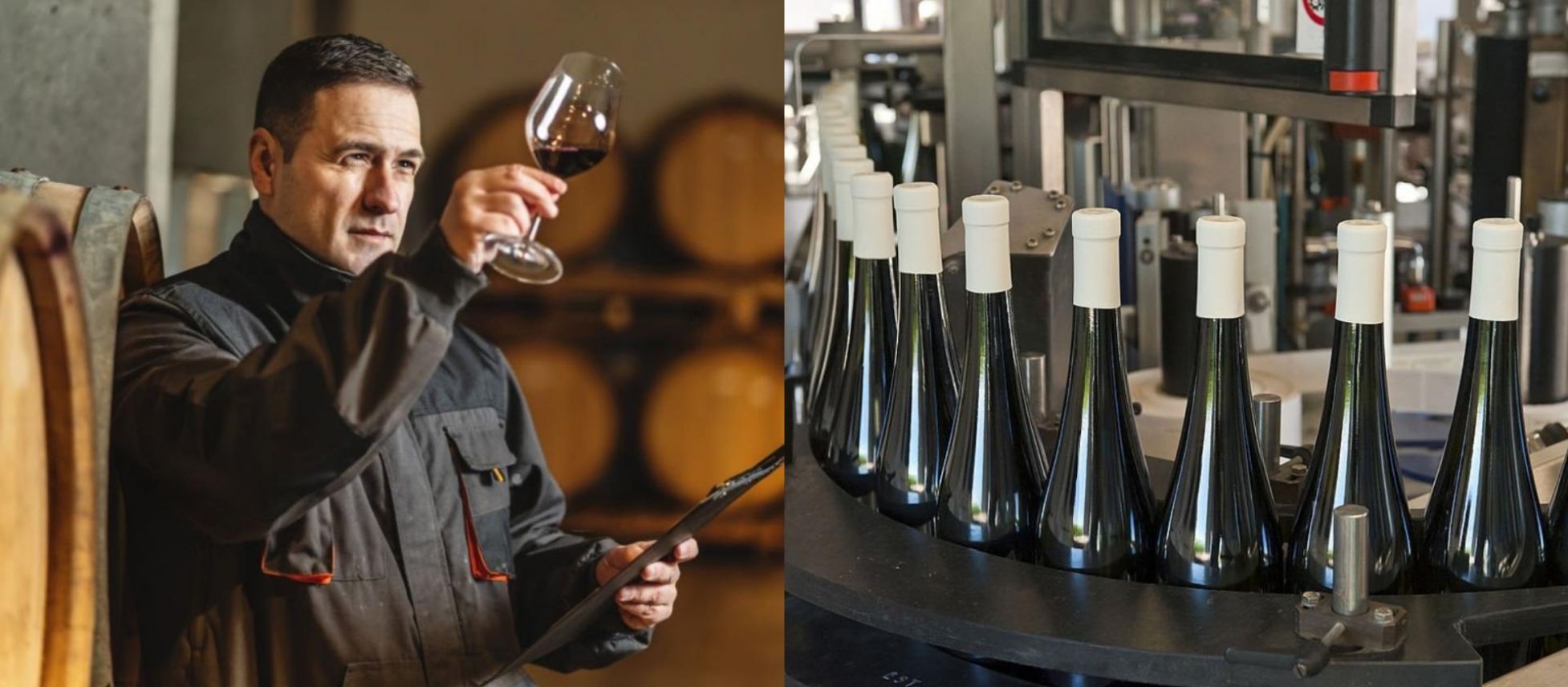Blog
Insights
Ensuring Quality: Control Concerns and Proper Bottling Procedures for Own-Label Wine Suppliers

Own-label wine suppliers must address quality concerns, follow proper bottling procedures, and collaborate with retailers for excellence
Own-label wines play a significant role in the portfolios of supermarket chains, offering customers accessible and affordable options. However, ensuring the quality of these wines is increasingly crucial for both suppliers and retailers. Quality control concerns and proper bottling procedures are of utmost importance to maintain the reputation of own-label wines. What are the key challenges faced by own-label wine suppliers? What approach should be taken to effective quality control measures? Is proper bottling procedure important for maintaining excellence in this competitive market?
Quality Control Concerns
Quality control is a critical aspect of own-label wine production. Suppliers must address several concerns to ensure consistency and excellence in their offerings. One of the primary challenges is maintaining grape quality. Suppliers need to work closely with vineyards and growers to ensure the sourcing of high-quality grapes that meet the desired standards.
Consistency is another vital factor in own-label wines. Suppliers must establish rigorous quality control processes to ensure that each batch of wine meets the desired flavor profile and maintains consistency from bottle to bottle. This involves conducting regular tastings and evaluations throughout the production process.
Furthermore, maintaining the appropriate aging and storage conditions is essential. Improper storage may lead to wine spoilage, affecting its taste and quality. Suppliers must implement strict temperature control measures during aging and storage to prevent negative impacts on wine quality.
[[relatedPurchasesItems-50]]
Proper Bottling Procedures
Bottling procedures are crucial to preserving the integrity of own-label wines. Suppliers must adhere to specific guidelines and standards to ensure proper bottling and packaging. First, suppliers must invest in high-quality bottling equipment to prevent contamination or flaws in the finished product. Automated bottling lines with advanced technologies can help streamline the process and minimize the risk of errors.
Second, strict hygiene practices must also be followed during the bottling process. Cleanliness and sanitization are paramount to prevent microbial contamination, which could lead to off-flavors or spoilage. Regular cleaning of equipment, bottles, and packaging materials maintains a sterile environment.
Third, accurate labeling and packaging are equally important. Suppliers must ensure that all relevant information, such as grape varietal, region, alcohol content, and allergen warnings, is clearly displayed on the labels. Compliance with labeling regulations is vital to avoid any legal issues and to provide customers with accurate and transparent information about the product.
Collaboration with Supermarket Chains
To address quality control concerns and ensure proper bottling procedures, own-label wine suppliers must work closely with supermarket chains. Clear communication channels should be established to facilitate feedback and address any issues promptly. Regular audits and inspections can help maintain quality standards and identify areas for improvement.
Supermarket chains also play a vital role in setting quality expectations and guidelines for own-label wine suppliers. Collaboration and mutual understanding between suppliers and retailers contribute to building a strong partnership focused on delivering high-quality wines to consumers.
In the competitive world of own-label wine production, quality control concerns and proper bottling procedures count as paramount. By addressing quality control concerns, such as grape quality and consistency, and implementing strict bottling procedures, suppliers can maintain the integrity and reputation of their own-label wines. Collaboration with supermarket chains further ensures adherence to quality standards and customer satisfaction. Ultimately, these measures contribute to providing consumers with affordable, accessible, and consistently excellent own-label wines from their favorite supermarket chains.
Get Your Visitor Tickets Here and join the bulk and private label industry in London on November 18-19, 2025.

